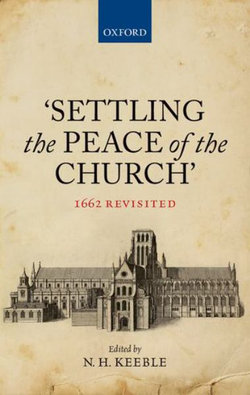repeated attempts to diversify the religious life of the nation until, with the Toleration Act of 1689, its aspiration was finally abandoned and the freedom of the individual conscience and the right to
dissent were, within limits, legally recognised. Bartholomew Day was hence, unintentionally but momentously, the first step towards today's pluralist and multicultural society. This volume brings together nine original essays which on the basis of new research examine afresh the nature and occasion of the Act, its repercussions and consequences and the competing ways in which its effects were shaped in public memory. A substantial introduction sets out the historical
context. The result is an interdisciplinary volume which avoids partisanship to engage with episcopalian, nonconformist, and separatist perspectives; it understands 'English' history as part of 'British'
history, taking in the Scottish and Irish experience; it recognises the importance of European and transatlantic relations by including the Netherlands and New England in its scope; and it engages with literary history in its discussions of the memorialisation of these events in autobiography, memoirs, and historiography. This collection constitutes the most wide-ranging and sustained discussion of this episode for fifty years.



Share This Book: